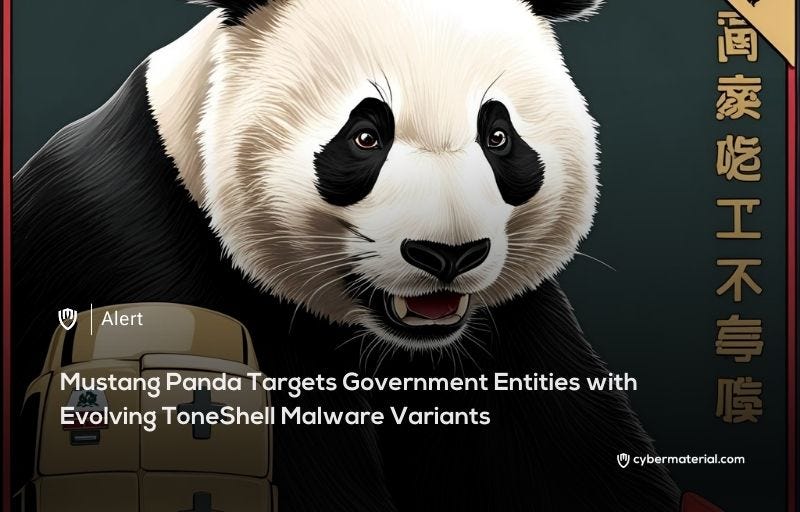
Security researchers have uncovered new activities attributed to Mustang Panda, a China-sponsored espionage group. Known for targeting government entities and military organizations across East Asia …

Security researchers have uncovered new activities attributed to Mustang Panda, a China-sponsored espionage group. Known for targeting government entities and military organizations across East Asia …